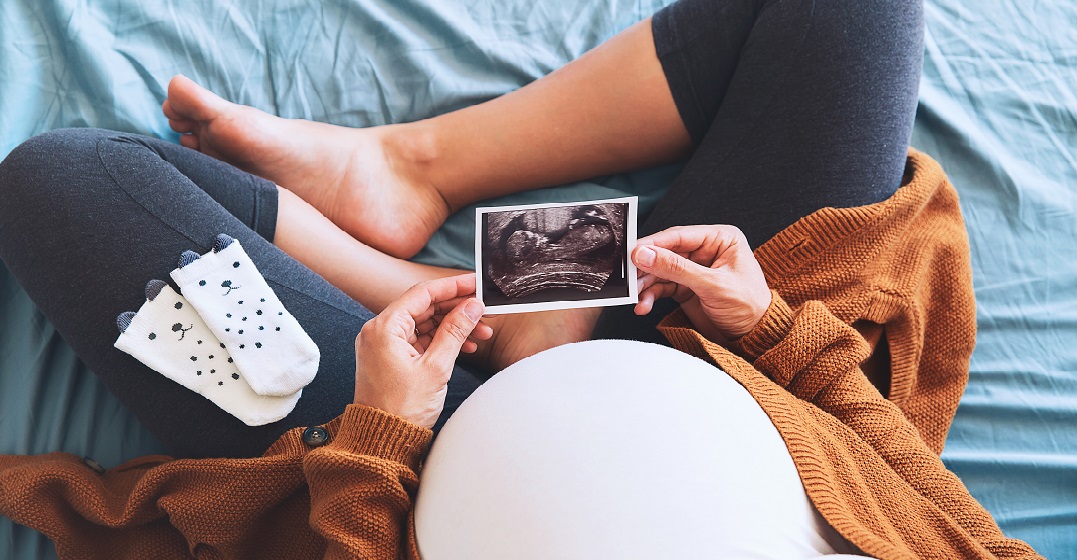How to plan your maternity leave in Switzerland

Switzerland is renowned for its incredible quality of life, making it an attractive place to have and raise children. If you’re considering giving birth in the country, it’s essential to know about Switzerland’s maternity leave policies.
While parental leave policies in Switzerland are not as generous as in several other European countries, they still outshine the American system in terms of financial compensation and time off. Here’s how to plan for your maternity leave in Switzerland.
- Who is eligible for maternity leave in Switzerland?
- How long is maternity leave in Switzerland?
- Is there any paternity leave in Switzerland?
- Who pays for maternity leave in Switzerland?
- Which country pays the best maternity leave?
Learn languages at your pace
Who is eligible for maternity leave in Switzerland?
Most people who become pregnant in Switzerland are eligible for maternity leave if they are in paid work. There are certain conditions, though. The pregnant person must:
- have been insured under the Old-age and survivor’s insurance (OASI) scheme for nine months before giving birth, and
- have worked for at least five months while pregnant.
In addition, pregnant people should be employed or self-employed at the time of giving birth. People who receive daily allowances from unemployment or health insurance schemes may also be eligible for maternity benefits.
How long is maternity leave in Switzerland?
Maternity leave in Switzerland is 14 weeks (98 days). The leave period begins on the day the baby is born, though there are circumstances under which it can be delayed. During the 14 weeks, the mother will receive 80% of her salary, up to a maximum of CHF 220 per day. The mother may also be entitled to more generous benefits depending on the canton and any specific provisions in the employment contract.
It is mandatory for mothers to take the first eight weeks off work after giving birth. If someone decides to return to work before the 14 weeks are up, they lose any remaining days.
Learn languages at your pace
Is there any paternity leave in Switzerland?
Yes, Switzerland permits paternity leave, though it is not very generous compared to several other European countries. In Switzerland, the new father (or the mother’s wife) is entitled to two weeks of leave paid at 80% of their earnings, up to a maximum of CHF 195 per day. As with maternity leave, additional benefits may be available depending on which of the 26 cantons the family resides in.
Who pays for maternity leave in Switzerland?
The OASI scheme pays for maternity and paternity leave in Switzerland. (OASI is abbreviated to AHV in German-speaking Switzerland and AVS in French- and Italian-speaking Switzerland.)
To receive maternity and/or paternity benefits, you or your employer must apply to the appropriate scheme after your child’s birth. You do not receive payments automatically.
Which country pays the best maternity leave?
You may have noticed that we keep comparing Switzerland to other European countries in terms of maternity leave, and that Switzerland comes out somewhat unfavorably in this comparison. Which begs the question: Where would you receive better parental leave benefits? One of the best places in Europe to collect maternity benefits is Bulgaria, where maternity leave is extremely generous. Mothers receive up to 410 days of leave paid at 90% of their average daily income.
In Sweden, parent is allowed 240 days of paid parental leave to be distributed between the father and mother as they see fit. In egalitarian Iceland, parents are entitled to six months of leave each, of which only six weeks can be transferred to the other parent.
Take your maternity leave in Switzerland
Understanding and planning maternity leave in Switzerland is crucial for expecting parents. It ensures that you can be there for your newborn in their first few months without financial worries. As long as you are insured when you give birth, you will be entitled to help from the state. The mother’s partner, too, can take some leave to spend some time at home after the birth.













